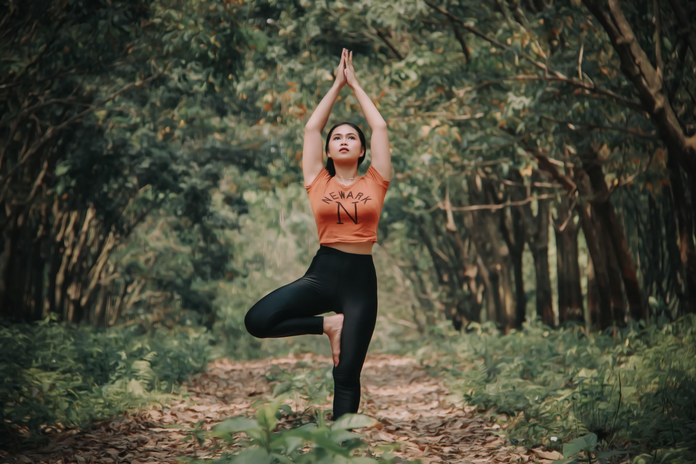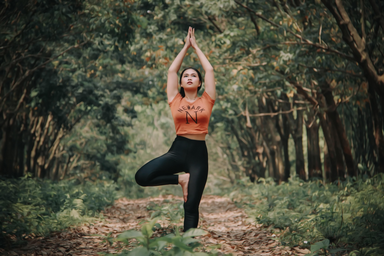Due to the stress and uncertainty surrounding the ongoing coronavirus pandemic, many Americans have reported an adverse effect on their mental health since the onset of COVID-19. As reported by the CDC in June of 2020, “40% of U.S. adults reported struggling with mental health or substance abuse” and 31% reported symptoms of anxiety or depression.
An equally concerning trend is the pandemic’s impact on body image and body dissatisfaction. A recent study found that there is a direct link between COVID-19 anxiety and stress and negative body image. Of the 506 adults surveyed in this study, dissatisfaction was evident amongst both sexes with female subjects expressing a desire to be thinner and male subjects expressing a desire to be more muscular.
According to social psychologist Viren Swami, PhD., COVID-19 and a quarantined lifestyle have created a perfect storm for body image issues.
“Our screen time increased, meaning that we were more likely to be exposed to thin or athletic ideals through the media, while decreased physical activity may have heightened negative thoughts about weight or shape,” said Swami.
Although body image issues are stereotypically associated with women, statistics on men’s perception of body image are equally concerning. A 2016 study found that “20 percent to 40 percent of men were unhappy with some aspect of their looks, including physical appearance, weight, and muscle size and tone.”
With all the stress we are universally experiencing, you would think we would be cut some slack about our bodies changing during such a massive lifestyle disruption. But sadly, you would be mistaken. With the popularity and prevalence of the “COVID-15” phenomenon, the internet has been riddled with diet solutions, workout regimes and social media posts about losing weight or maintaining a pre-COVID physique. While there is absolutely nothing wrong with striving for a healthy lifestyle, true issues arise when maintaining a certain physique becomes an unhealthy obsession.
If you’ve found that you’ve been caught up in this negative online discourse or that your body image has been negatively affected during the pandemic, there are several actions you can take to improve your body satisfaction and boost your overall mental health.
As suggested by NEDA, start by looking at yourself as a whole person, rather than just a body, a number or a clothing size. Your body is an incredible structure of organs, cells and muscles. Start appreciating all that your body is able to accomplish instead of merely what it looks like. Engage in physical activities that you truly enjoy and that allow you to give your body some stress-relieving movement, like walking, dancing, or yoga.
Perhaps most importantly, surround yourself with positive people. Although it can be challenging to completely avoid critical individuals or situations that make us feel self-conscious, it can help to be proactive. Go through your social media following and remove or protest accounts that feed on your insecurities, deter conversations from topics like weight and dieting, and challenge your own internal patterns of negative thoughts.
In the spirit of creating a more positive environment for yourself, wear clothes that make you feel comfortable in your body. Go through your closet and donate clothes that are too baggy or that you have outgrown. Maintain a closet for your current body, not the body of your high school self or a body that you’ve idealized in your head. Rather, focus on styling outfits that make you feel confident and accentuate your body as it already is.
And finally, avoid letting a negative body image consume your precious time. If you find yourself compulsively logging calories into fitness apps, delete them. If you find yourself weighing yourself too frequently, let that scale collect dust. Fill the time you would have spent worrying about calories, your weight, or your body image to do something positive for yourself or others.
Find a new hobby you enjoy, engage in fun physical activity, volunteer for a cause you’re passionate about, spend time with friends and family, or make time for self-care by scheduling a massage appointment or simply running a bubble bath.
Remember collegiettes, you are not alone and your mental wellbeing is worth prioritizing.
If you or a loved one is in need of more resources, you can find them here.


